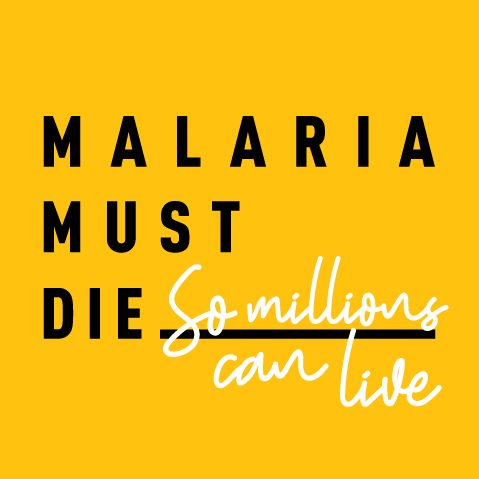Tanzanian doctor Hermengild Mayunga, currently living in Birmingham, has for five years been working on a malaria vaccine, something which is very close to his heart.
“Five years ago, Tanzania was regarded as the country with one of the highest prevalence of malaria worldwide, with communities most affected being children and pregnant women,” he says. “An essential part of our work is to try to educate the communities and engage them in fighting the disease, as well as engaging other partners in helping our country to reduce the number of cases.”
Malaria is a cross-cutting disease, meaning it affects all aspects of life – health, social and economic. Progress in preventing malaria has recently stalled and could be rapidly reversed if vital support for the fight is not sustained. “The Tanzanian government has been spending a lot on combatting malaria through buying medicine and maintaining laboratories, but this disease has a huge effect on the economy for working-age people who contract it. When people have malaria, they cannot work for two weeks. When they live in rural communities, they cannot farm.”
“We need a combination of local and global initiatives to fight malaria. Cooperation is very important because the world has changed to become a global village. If, for example, we could control malaria in Tanzania but neighbouring countries had high rates of the disease, this cannot help as people can freely travel across borders. So in order to achieve sustainable results globally, all countries need to work together and support each other.”
Dr Mayunga cites technology as a key player in the fight against malaria. “Using both the media and social media to combat malaria has been greatly successful,” he says. “It has increased our chances of engaging communities, bringing awareness to them and reaching communities who may be hard to reach.” He cites an example of a simple yet effective campaign in Tanzania which brought traditional dancing groups, artists and musicians into communities to sensitise people about how to recognise the symptoms of malaria. “This campaign to raise awareness about mosquito nets and proper treatment was very successful.”
Using David Beckham as multi-lingual mouthpiece in the Malaria Must Die campaign is something Dr Mayunga also hopes will be greatly impactful. “The use of native languages means the message can reach all communities. This video shows that unity and one voice can help in the fight against malaria, and it’s very important for people to unite. This message is reaching out to all cultures and communities.”
BACKGROUND
According to the WHO Malaria Report 2018, in Tanzania, malaria is the leading cause of morbidity and mortality, especially in children under five and pregnant women. Malaria is also the leading cause of outpatients, inpatients, and admissions of children less than five years of age at health facilities.
There has however been great success in the last decade with the national scale up of new preventive strategies and improved quality and access to testing and treatment. As a result of the malaria control interventions, Tanzania has witnessed a major drop in under-five mortality from 112/1,000 in 2005 to 67/1,000 in 2016. Between 2008 and 2017, the trend of malaria in Tanzania also shows a decline in morbidity from 18 million cases per annum to 5.5 million. An estimated 60,000 child deaths are averted annually in the country as a direct impact of two core interventions, increased access to Long Lasting Insecticide Treated Nets (LLINs) and improved access and availability of quality assured Artemisinin-Based Combination Therapies (ACTs).
Despite these notable achievements, the fight is far from over. More than 93% of the Tanzanian population remains at risk of malaria. Malaria is still one of the most important obstacles to economic development and foreign investment in Tanzania.[i]
[i] https://reliefweb.int/report/united-republic-tanzania/who-recognizes-national-efforts-towards-malaria-elimination
